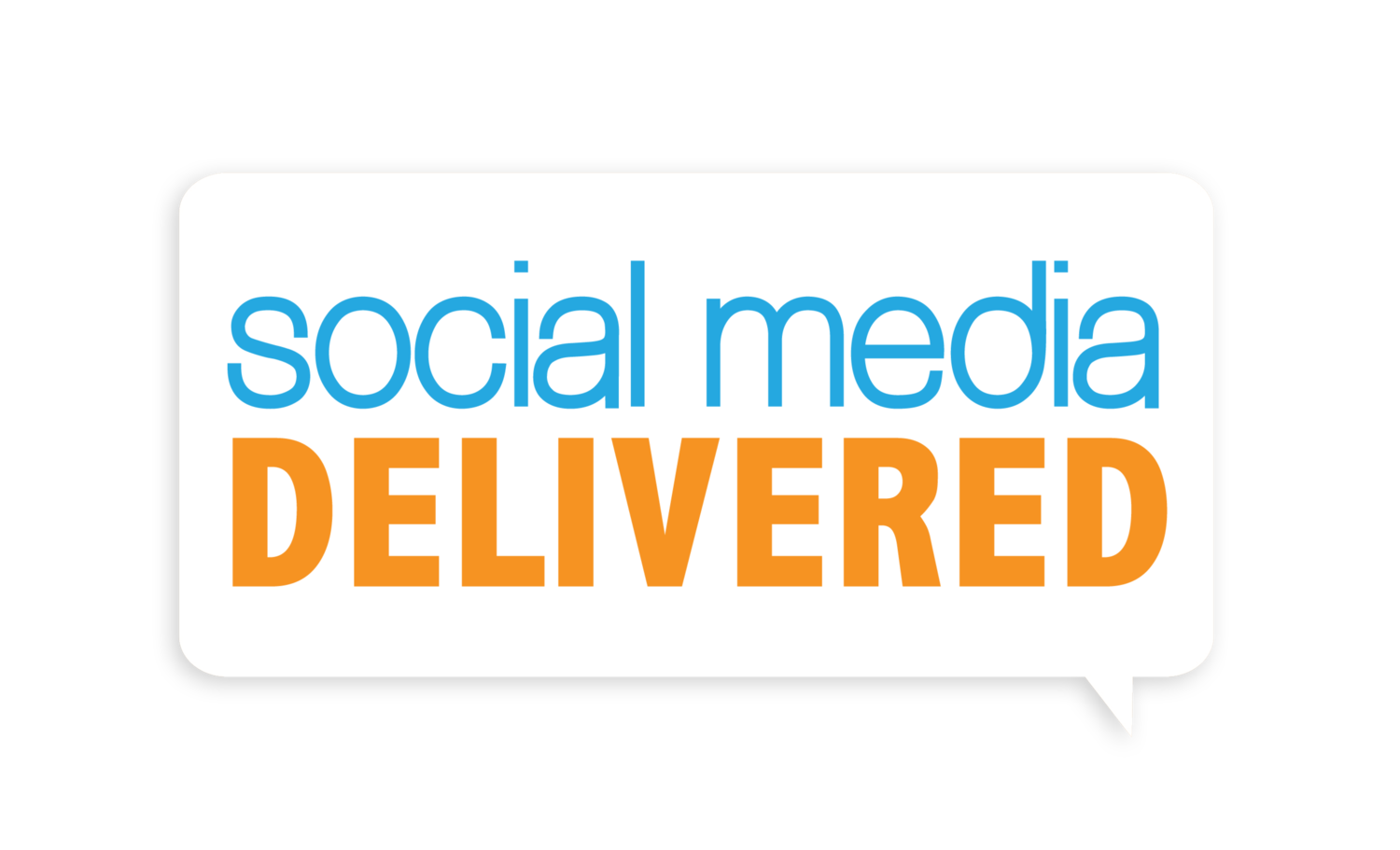Customer Service Guaranteed: The Importance of Social Media Monitoring
Joshua Legarreta | @YouOpenTheChest
Though the communications field has grown over the years alongside the Internet, no form of media has ever taken off as fast as social media. Beginning with sites like Friendster and Myspace, social media has evolved to become something more than a way of keeping up with old high school friends or family members. According to "We Are Social’s" new Digital, Social and Mobile in 2015 report, three billion people are active Internet users, two billion of whom have an active social media account. As users’ wants become more apparent, content providers find themselves changing to be at the forefront of the next viral hit on social media platforms.
Despite all the amazing things that social media can provide, there will always be those who will bring their “beef” online and make sure everyone else can see. Whether it’s convenience or something else, the fact remains that companies must start understanding how to offer their customers services that can easily be communicated, understood and utilized through social media platforms. This is where social media monitoring comes in. Monitoring is the process in which tools are used to keep track of what others are saying in regard to a company, product or service. Monitoring also includes a variety of customer services that include social listening, working to correct a problem, and shifting priorities to make sure the customer is always satisfied.
Social listening is the process of monitoring digital media channels to devise a strategy that will better influence consumers. By knowing where people spend their time online, companies like Social Media Delivered can more accurately pinpoint where their efforts should be spent. In 2014, a dedicated search engine and search engine marketing site called Search Engine Watch found that brands are expected, on average, to respond within an hour of being messaged via Twitter. The report also shows that out of 60 percent of the respondents, 29 percent are likely to tell friends and family about the experience when a brand or company does not respond to their tweet in a timely manner. This, in turn, should spur companies already utilizing Twitter to uphold this one-hour standard.
For social media companies like Social Media Delivered, this means the response standards change based on the client. Response times usually come down to a combination of how much traffic a client gets on social media and how often a company has someone dedicated to monitoring their accounts. In the end, though, response time is really up to the client. Some want their companies to respond as quickly as possible to every communication they receive, while others are more concerned about responding to everyone no matter how fast it happens. Of course, not only what you say on social media is important, but how you say it. Every company should consider two options: have the social media service use the voice that they have established, or have them help develop your business’s voice. The voice is extremely important because different clients have different goals and are talking to various types of customers. Making sure that the voice matches up with the client's desire and their product is vital. This also includes learning and understanding which words and phrases should be avoided, but this differs from company to company.
Lastly, the hardest part is definitely those rare moments when a crisis develops for a client. Some helpful tips include setting up a listening protocol, having a response for every situation, and making sure you’re always on time with a response. Other tips on managing a social media crisis can be found here. Companies should have go-to crisis plans with all clients, giving everyone involved clear instructions on how to deal with potentially negative situations. Most importantly, always have the ability to help protect a client's reputation even in the toughest of situations.

